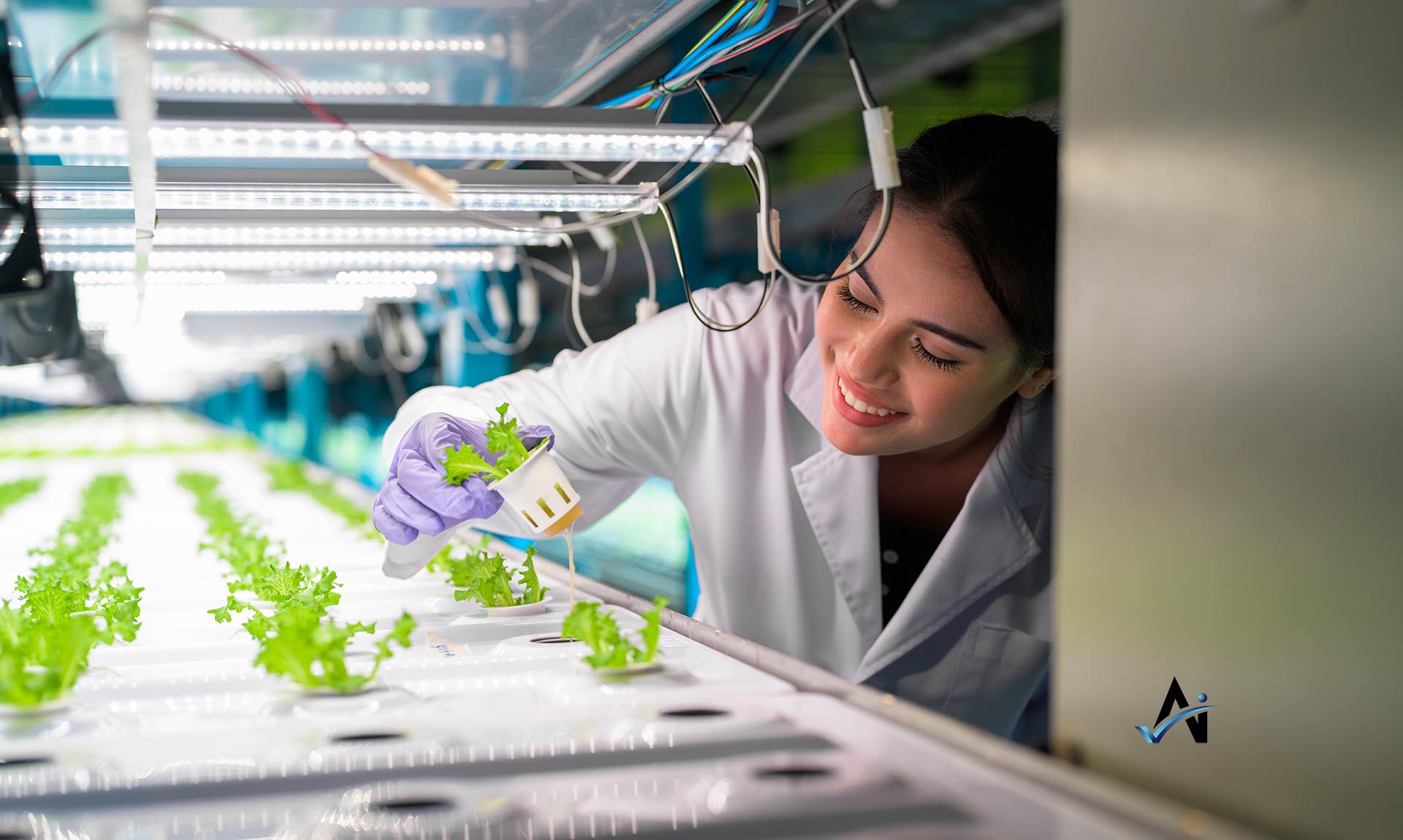The Era of Precision Agriculture
The integration of Artificial Intelligence (AI) into agriculture is revolutionizing the sector, offering innovative solutions to longstanding challenges. This transformation is critical as the global agricultural industry faces increasing pressure from various fronts, including a growing population, climate change, and limited natural resources. AI’s capabilities in data processing, pattern recognition, and predictive analytics are opening new avenues to address these challenges effectively and sustainably.
One of the primary areas where AI is making a significant impact is in crop management and yield optimization. Through the use of AI-driven analytics, farmers can now monitor crop health in real-time, detecting issues like nutrient deficiencies, water stress, or pest infestations early. This early detection enables timely interventions, significantly reducing crop losses and improving yield. AI systems are also capable of analyzing data from various sources, including weather forecasts, soil conditions, and historical yield data, to provide farmers with actionable insights on optimizing planting schedules, irrigation, and harvesting.
Another crucial aspect is precision agriculture, where AI helps in making farming more efficient and resource-conservative. By leveraging data from sensors and satellite images, AI algorithms can map out farming plots in extreme detail. This granularity allows for precise application of water, fertilizers, and pesticides, minimizing waste and environmental impact. Precision agriculture not only enhances the efficiency of resource usage but also helps in producing healthier crops and reducing the overall carbon footprint of farming practices.
AI is also playing a pivotal role in tackling the challenges posed by climate change. Predictive models powered by AI are being used to forecast weather patterns and climate-related events with higher accuracy. This predictive capability enables farmers to prepare and adapt their farming practices to changing environmental conditions. For instance, AI can inform farmers about the likelihood of droughts or floods and suggest suitable crop varieties and farming techniques that are more resilient to these conditions.
The livestock industry is benefiting from AI as well. AI-driven monitoring systems are being employed to track the health and well-being of livestock. These systems analyze visual and sensor data to detect early signs of illness, stress, or poor nutrition. Timely interventions not only improve animal health and productivity but also reduce the reliance on antibiotics and other medications, contributing to the overall sustainability of livestock farming.
Moreover, AI is contributing to the economic viability of the agricultural sector by enabling smarter supply chain management. AI systems analyze market trends, consumer behavior, and logistical variables to optimize the supply chain from farm to table. This optimization reduces waste, improves food distribution efficiency, and ensures that agricultural produce is marketed effectively, thereby increasing profitability for farmers and distributors alike.
AI is emerging as a powerful ally in modernizing agriculture and addressing its multifaceted challenges. From enhancing crop yields and ensuring efficient resource use to adapting to climate change and improving supply chain management, AI’s contributions are pivotal in ensuring food security and sustainability in the face of global challenges. As technology continues to evolve, the potential of AI in agriculture is bound to expand, offering promising solutions for a sector that is fundamental to human survival.
latest video
Get Our Newsletter
Never miss an insight!






